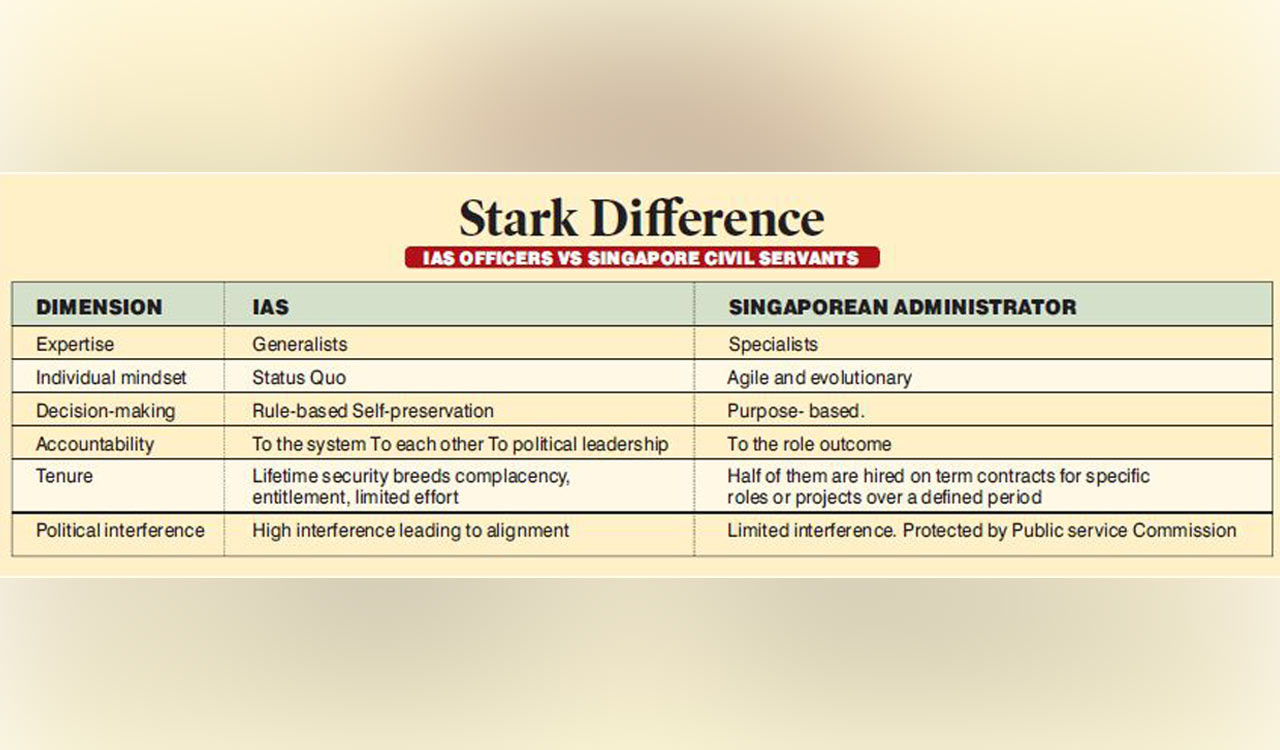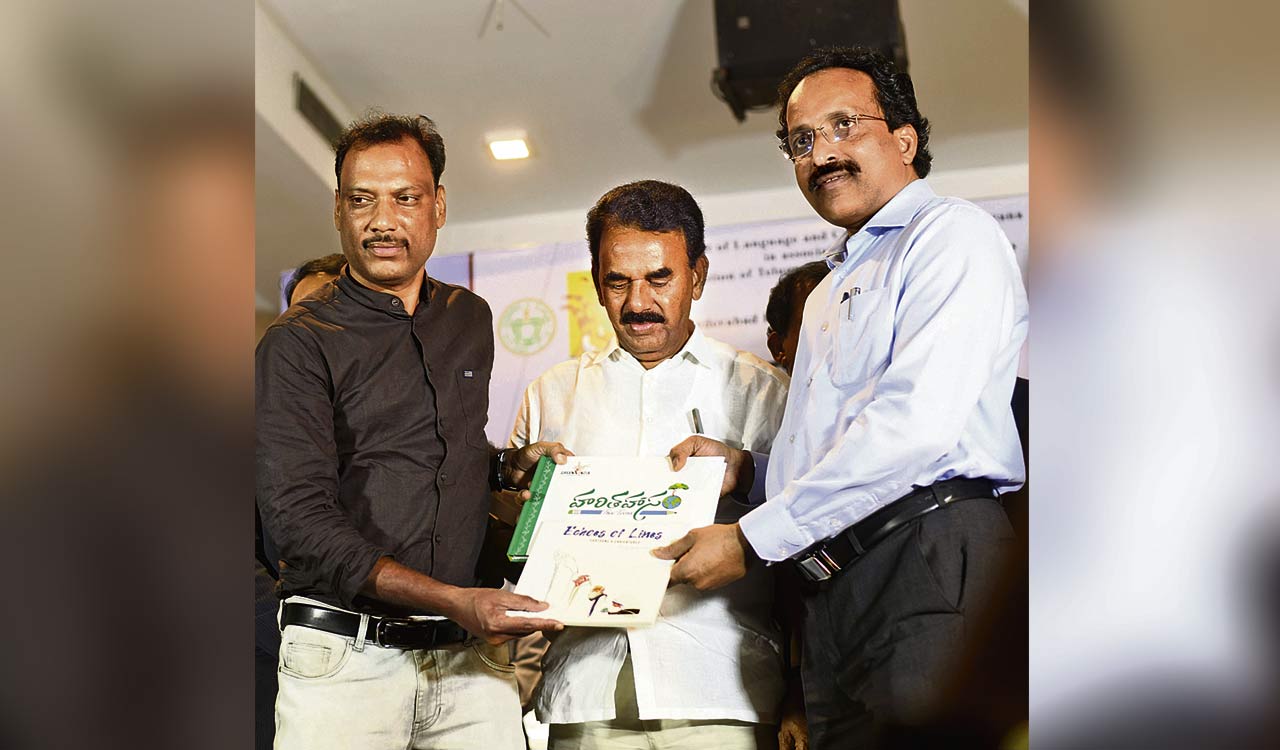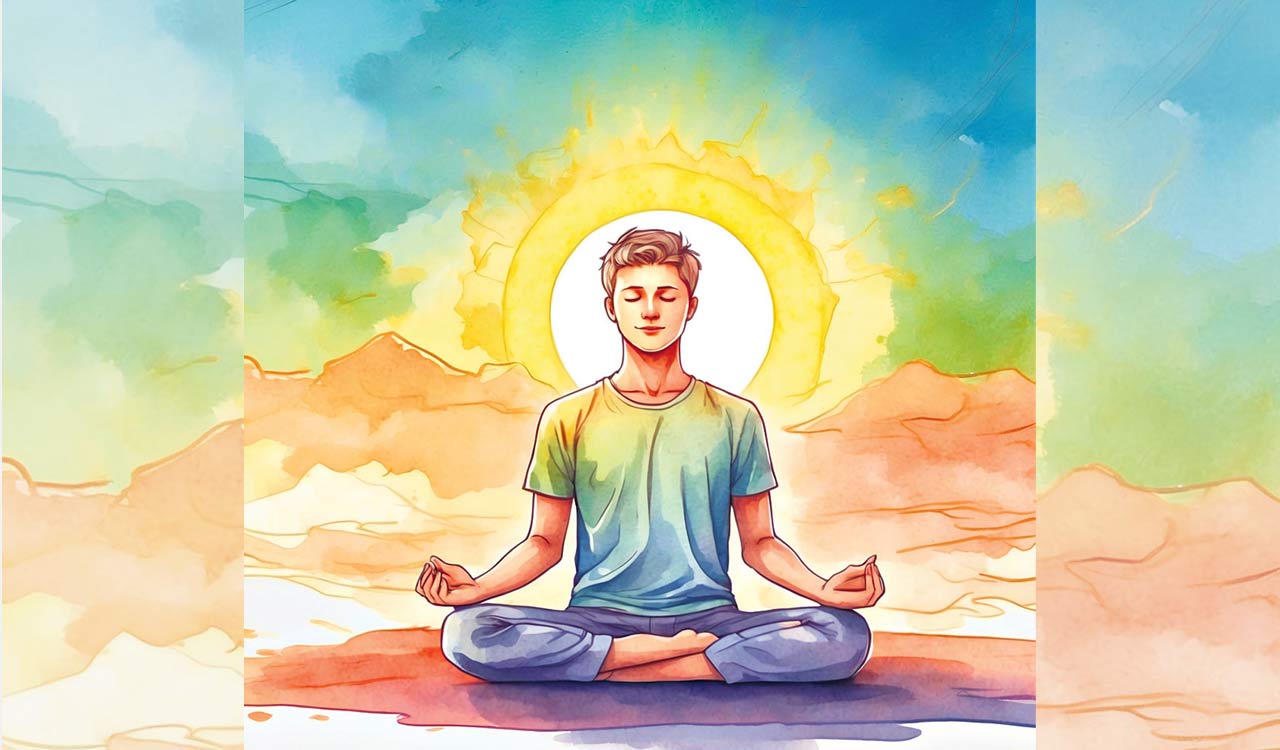Opinion: Trust your instincts
The key to effective use of intuition is knowing when to trust your gut and when to engage in more logical thinking
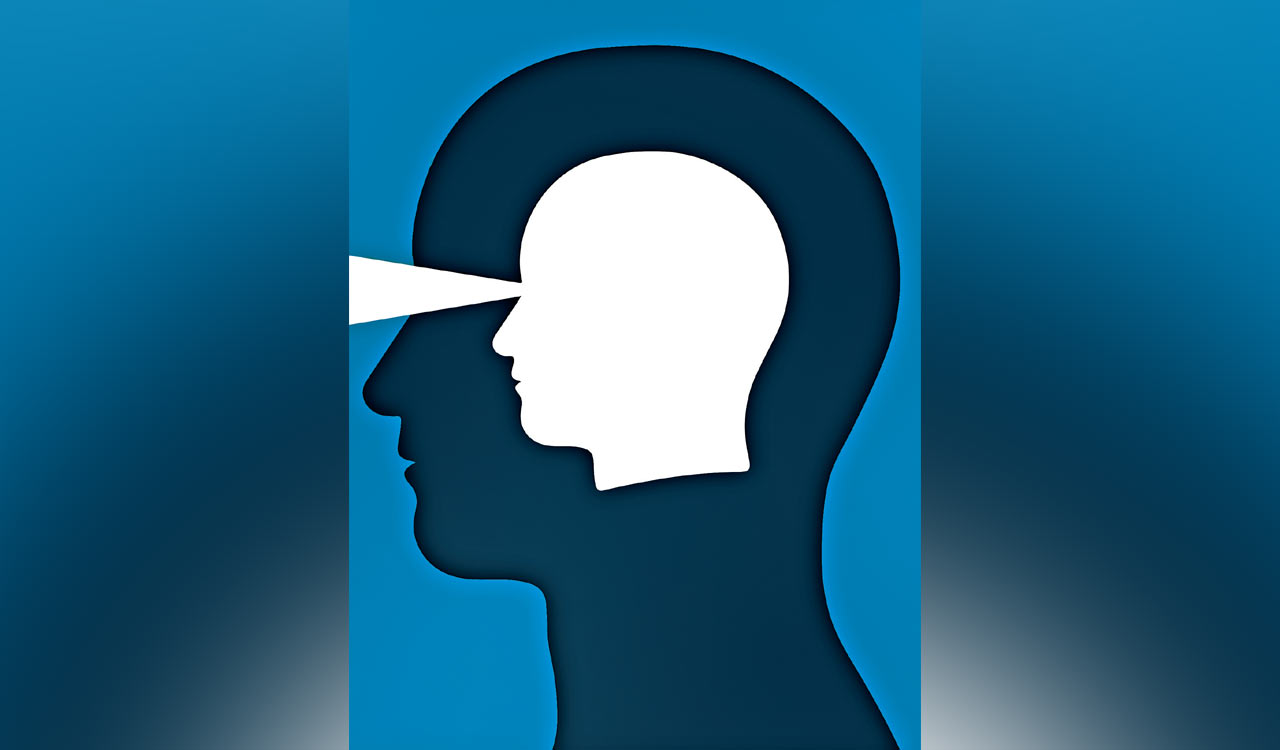
By Viiveck Verma
Intuition has long been a subject of intrigue. More colloquially often referred to as a gut feeling, and historically dismissed in favour of logic and reason. But increasingly now, intuition is being recognised by psychologists, neuroscientists and business leaders as a crucial tool in decision-making and personal growth. In the age of information overload and rapid change, intuition offers a nifty way to navigate situations by tapping into the subconscious, past experiences and emotional intelligence.
Quick Thinking
Intuition is the ability to understand or know a situation without conscious reasoning or logical analysis. It is quick, automatic thinking that allows one to make decisions in a snap second, under pressure and without going through a lengthy analytical process. According to cognitive psychologist Gary Klein, intuition is the cumulation of patterns that our brain recognises based on past experiences and knowledge. In his Recognition-Primed Decision (RPD) model, Klein argues that people in high positions and jobs often rely on intuition to make rapid decisions in high-stakes environments such as firefighting, surgery or military operations.
Neuroscience supports this idea. Studies conducted by Antonio Damasio, a neuroscientist at the University of Southern California, have shown that emotional experiences stored in the brain influence decision-making on a subconscious level. Damasio’s research on patients with damage to the prefrontal cortex, the region of the brain responsible for integrating emotions into decision-making, found that these individuals struggled to make even simple decisions, demonstrating that emotions and intuition are intrinsic to the process.
But intuition is not infallible. Biases, prejudices or emotional responses can distort intuitive judgments. Moreover, in high-risk scenarios, intuitive decisions that may result in undesirable consequences are also hard to justify later. The key to effective use of intuition is knowing when to trust your gut and when to engage in more logical thinking. According to psychologist Daniel Kahneman, Nobel laureate and author of Thinking, Fast and Slow, the balance between intuitive and rational thinking is critical. He talks of two systems of thinking: one, which is fast, automatic and intuitive, and the other, which is slow, deliberate and analytical. And successful decision-making often requires a fusion of both.
Science and Benefits
Intuition in decision-making is especially valuable in situations where time is limited, or there is a lack of clear information. Many successful business leaders, like Steve Jobs and Richard Branson, have openly spoken about their reliance on their gut feelings. Jobs famously stated, “Have the courage to follow your heart and intuition. They somehow already know what you truly want to become.”
Intuition is powerful, scientifically backed and can augment not just decision-making but also support personal development and foster creativity
While intuition might seem irrational, research shows it can be highly effective when used correctly and in the right circumstances. A study conducted by Dr Gerd Gigerenzer, director of the Harding Center for Risk Literacy at the Max Planck Institute for Human Development, saw professionals such as doctors and financial experts often make better decisions based on intuition compared to when they rely solely on data-driven models. Gigerenzer’s work highlights that intuition is not the antithesis of reason, but rather a form of our brain’s fast thinking, leveraging accumulated knowledge and experience.
Developing and Trusting
There is always some hesitations to trust one’s intuition easily. Especially in professional, work environments where logic and analysis dominate. However, what many may not know is that intuition is a skill that can be developed and refined. Mindfulness practices, such as meditation, thought labelling and guided visualisations, can enhance emotional awareness making it easier to tap into one’s intuition.
Reflecting on past decisions and retrospection can also sharpen instincts by helping one recognise patterns where intuition led to success. Furthermore, neuroscientist Damasio also brings in the importance of emotions in decision-making; instead of ignoring emotional responses, it is useful to pay attention to how intuitive and non-intuitive choices make you feel. While intuition is powerful, it should support data and logic, not replace them. This is the balance Kahneman talks about between intuition and rational thinking.
Personal Growth
When we learn to trust our inner voice and sub-conscience, we become more aligned with our authentic selves, boosting our feelings of fulfilment and confidence. Thus, intuition plays a vital role in personal growth, beyond just decision-making. People experience intuition even in long-term scenarios as a guide in navigating major life decisions, such as career changes, relationships or personal goals. In fact, studies show that relying on intuition leads to experiencing lower levels of stress. A 2020 study published in Frontiers in Psychology found that individuals who trusted their intuitive feelings reported higher levels of well-being and this is because intuitive decision-making often aligns with deeply held values and aspirations, leading to a greater sense of purpose and direction.
Intuition also fosters creativity. Artists, writers and musicians frequently rely on their intuitive insights to guide the creative process. Steve Jobs too believed that intuition was critical to the creative breakthroughs in the development of Apple’s most iconic products.
Intuition is more than just a vague feeling, it’s powerful, scientifically backed and can augment not just decision-making, but also support personal development and foster creativity. Learning to trust your instincts is an additional helping hand in steering through this chaotic world of ours. Albert Einstein famously said, “The intuitive mind is a sacred gift and the rational mind is a faithful servant.” And one must learn to use them both equally well.
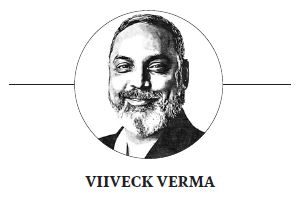
(The author is founder & CEO, Upsurge Global, co-founder, Global Carbon Warriors, and Adjunct Professor, EThames College)
Related News
-
Cartoon Today on December 25, 2024
6 hours ago -
Sandhya Theatre stampede case: Allu Arjun questioned for 3 hours by Chikkadpallly police
7 hours ago -
Telangana: TRSMA pitches for 15% school fee hike and Right to Fee Collection Act
7 hours ago -
Former Home Secretary Ajay Kumar Bhalla appointed Manipur Governor, Kerala Governor shifted to Bihar
7 hours ago -
Hyderabad: Organs of 74-year-old man donated as part of Jeevandan
7 hours ago -
Opinion: The China factor in India-Nepal relations
8 hours ago -
Editorial: Modi’s Kuwait outreach
8 hours ago -
Telangana HC suspends orders against KCR and Harish Rao
8 hours ago

